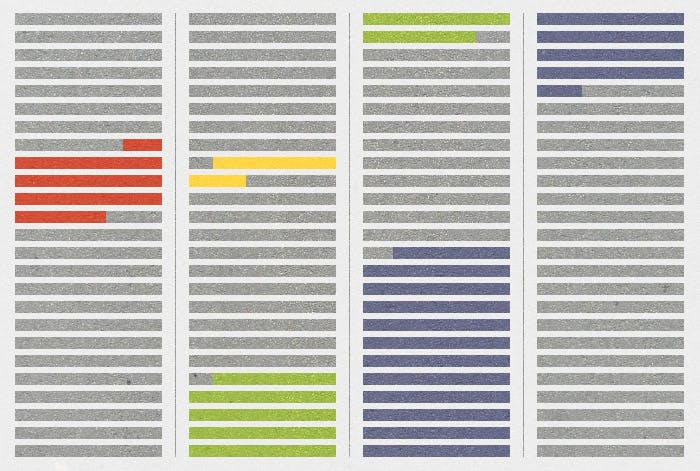The Advent of Crowdsourced News
Technology is bringing about many changes to the way we interact and consume. News is an excellent example of how quickly this change is happening. I've transitioned from reading the newspaper at work and watching TV, to using Flipboard, having an optimized Twitter list, and receiving daily headlines from the Huffington Post in my email.
News is continuing to evolve, as can be seen during the events of the Aurora, Colorado shooting on July 20th. The public was receiving updates long before any large news corporations could get reporters to the scene of the incident. On Reddit, eyewitnesses started building a timeline, filling in all of the gaps with contributions by others that were present. Others on Reddit were actually able to interact with the victims, asking them questions and offering support. One of the injured even posted a picture of his bloodied shirt after they'd been shot in the chest. This is very cool, in my opinion, and here are a few reasons why.
- It's true eyewitness news. This is the most real news has ever been. We're reading firsthand reports from people who were in or near the incident. Because of this, it's also much more personal. It was a heart-wrenching moment when a link to the Twitter account of one of the victims was shared, and their last tweet was about how excited they were for the movie that was starting in twenty minutes.
- It's live. Information and photos were being posted as they were found or captured. The filter was removed, and everything the witnesses found shareable was shared.
- It's a two-way conversation. Rather than being spoon-fed the news, it was actually possible to ask questions of the victims and others present. Because of this, those providing the news knew exactly what the public was looking for, and provided details accordingly.
- People are interested. When news is crowdsourced, it requires the input of many people. These people are only going to contribute what they deem interesting, and what others seem to find interesting. This process cuts out all of the fluff news we see on TV today, the news created to fill time and take up space when nothing else is going on.
While there may be some downsides to this process, time will tell whether the speed and intimacy of crowdsourced news will win out in the end. What do you think of this change? Would you take part in a crowdsourced event like this?
